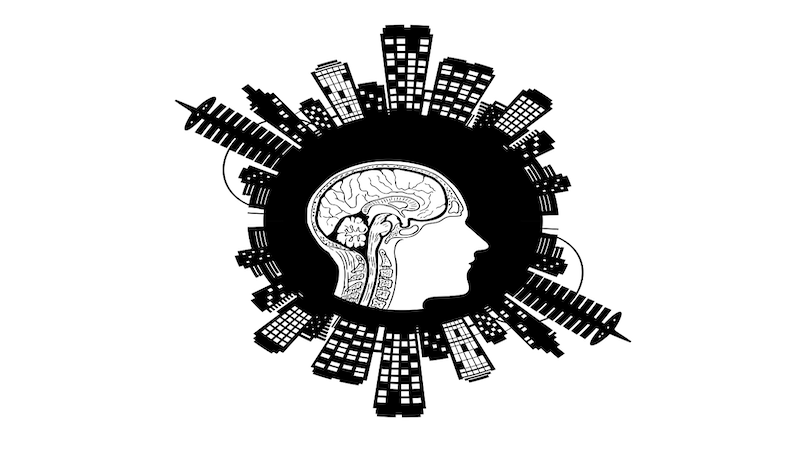
The concept of a smart city doesn’t sound like a bad idea. It uses technology and data analysis to determine the operational efficiency of the resources in the city. It is a way to improve the standard of living and it is a convenience. Everything is pretty much connected to the internet of things, devices, or technologies. Whether it is the transportation system, health care services, detecting crime, or sustainability resources and management, not everyone is happy about building a smart city.
The Sidewalk Labs project to build a smart city along Toronto’s waterfront was canceled. The project was to prove a point that smart cities could work in a democratic society and hope that the project could expand across Canada and the U.S. Despite the fact that the labs had been constructing the city in that area for 2.5 years, no one wanted to live there. There was a lot of criticism even though a privacy expert developed a plan to protect data privacy. That is not surprising. How safe is the strategy to safeguard citizens’ personal information? The systems in a smart city connected to the same network are susceptible to hacking. They can also devise strategies for making sensor data accessible to the general public, other businesses, or certain nations.
Another concern is trusting in the government and corporations when building a smart city. Can the government and corporations be trusted to build a smart city for a better future? Can we trust them to develop a smart city for us without putting our lives, safety, and privacy under surveillance? It depends if the government and the corporations are for the people and their country or state, or if they are just looking out for themselves and for their best interests. Look at what is happening in San Francisco. The city is ranked as a smart city, but its safety and security fail because of the city’s methods. An example is the danger of walking out of a house or apartment. There is no telling who is next to get beaten up in public, even though there are public cameras around the city. There is no telling if a specific attacker or a specific group of attackers will get arrested or not. If they get arrested, one has to wonder if they are charged with a crime or not. Businesses are down due to not arresting people who walk out of the store with store items that are worth less than $1000. Other businesses have relocated to other states while homelessness and the drug crisis are still ongoing issues.
Another smart city with an issue, like San Francisco, is New York. The city and its residents are negatively impacted by the policies and initiatives of the government and corporations. The elderly and others are afraid to go out. Attackers, including teenagers, are attacking the elderly, taxi drivers, and others out of the blue while law-abiding citizens live in fear and frustration. Crime is skyrocketing. Yet, defunding the police or sentencing good police officers in jail for doing their job: catching criminals. Unemployment rate is high. Starbucks and other businesses in this city are closing down, which is contrary to what is considered a smart city, right? A smart city should improve the government and its citizens’ quality of life using technology, but this is not the case. The government, not technology, is not improving its citizens’ quality of life or improving economic growth.
A smart city does not mean that it will create a better future or that it will make the world safer than before. The crises in San Francisco and New York have proven the point. Sidewalk Labs has demonstrated that it does not work in a democratic society. There are privacy, safety, government, and corporate issues that need to be addressed. What is most important is to ask whether the government who is governing smart cities is meeting citizens’ needs or not.